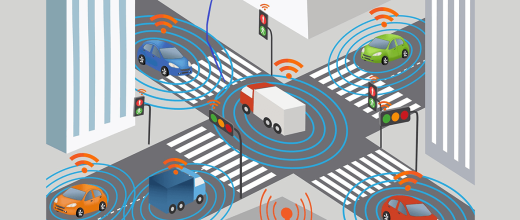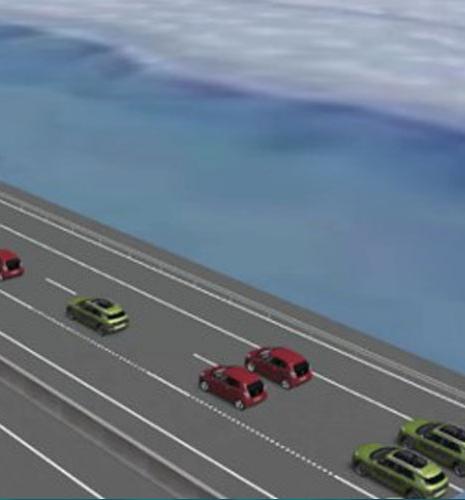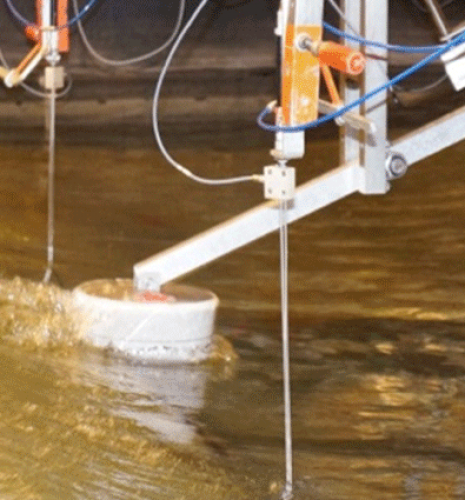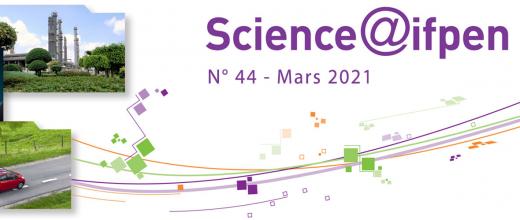
News in brief
The 48-volts system: mild hybrid with significant potential
Electrification of the vehicle powertrain is one of the keys to sustainable mobility and hybridization with internal combustion engines is becoming increasingly common. In this context, the “48-volt” mild hybrid system is a low-cost, flexible and easy-to-integrate option, with reduced safety constraints and outstanding performances.
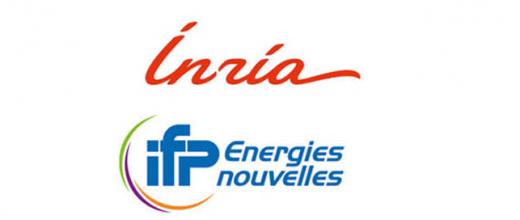
News in brief
IFPEN/Inria partnership: digital technology at the heart of innovation
Digital technologies are playing an increasingly important role in solving industrial problems. IFPEN forged a partnership with Inria. Five years later, we look back over this fruitful partnership.

News in brief
Energy in vehicles: we’ve got it under control!
In hybrid vehicles, onboard algorithms are aimed at splitting power between the various energy sources in order to minimize fuel consumption and/or pollutant emissions. This real-time management

News in brief
Exhaust gas heat: optimal recovery through supervision and control
Recovering heat from exhaust gases using the Rankine thermodynamic cycle a is one of the avenues being explored to reduce the energy consumption of IC engines. Tried and tested for stationary

News in brief
The control of floating platforms for offshore wind turbines: being active reduces fatigue
The fatigue resistance of floating offshore wind turbines is significantly affected by the wave forces to which their supporting platforms are exposed. Passive and active damper systems — preferably



